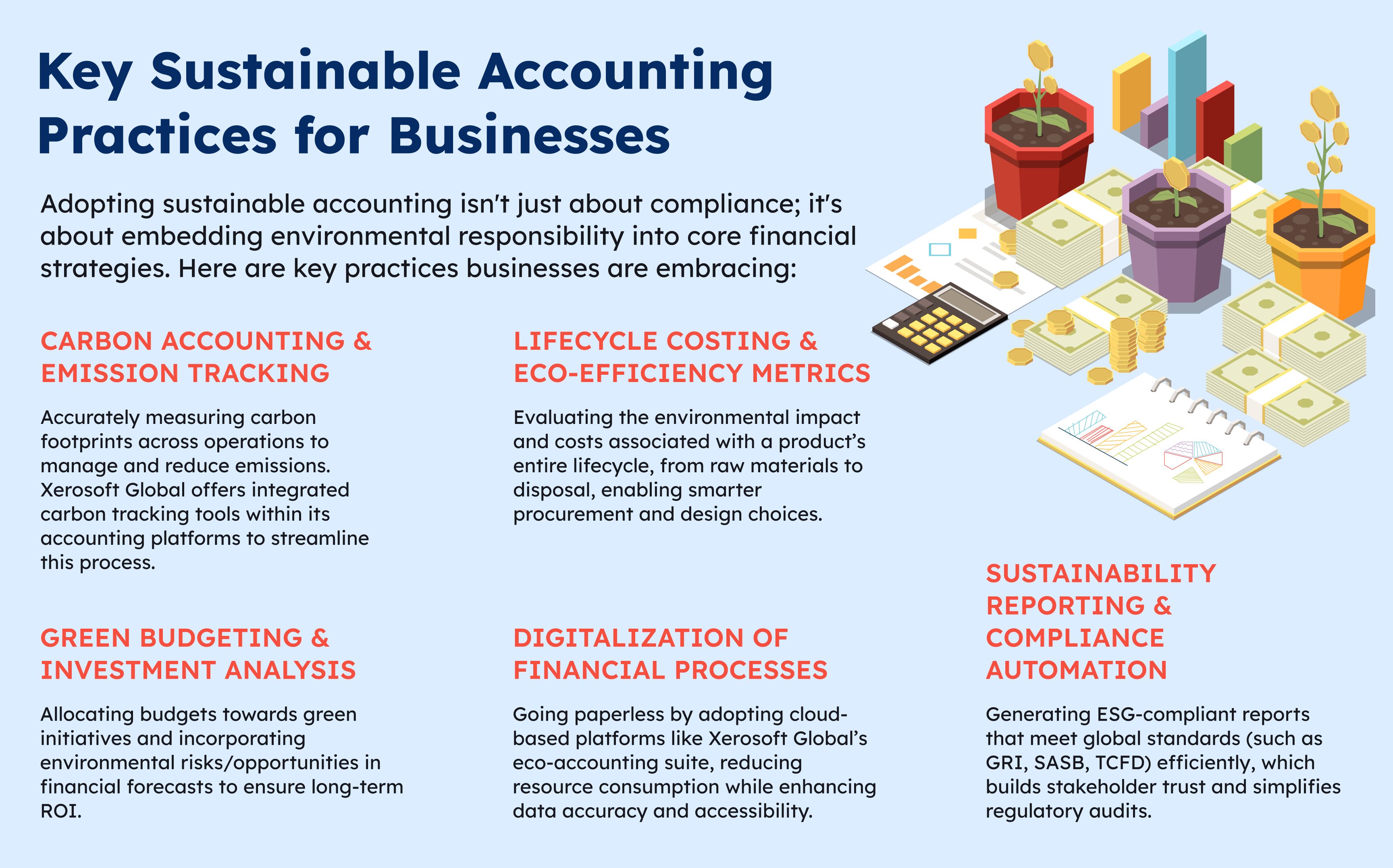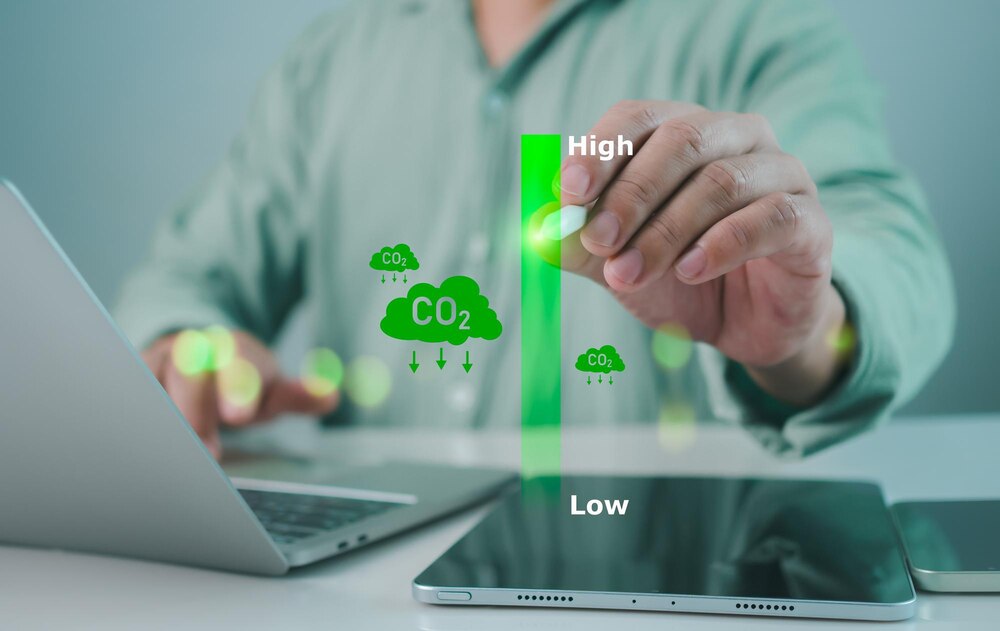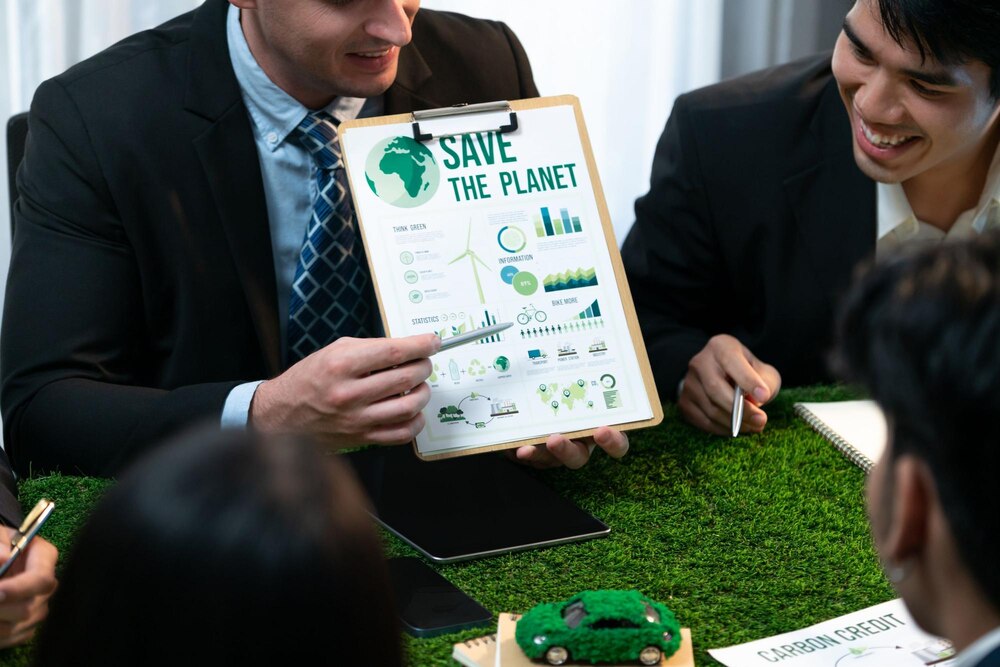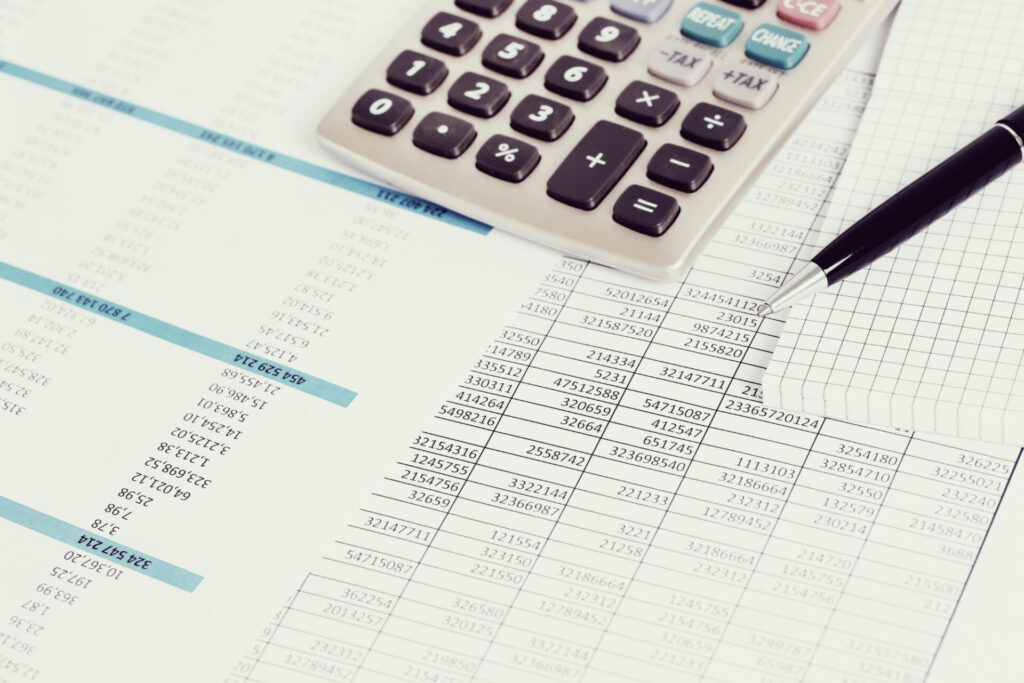In an era where environmental responsibility and corporate profitability are no longer mutually exclusive, sustainable accounting practices are emerging as a strategic imperative. Forward-thinking firms are reimagining their financial operations, not just to cut costs, but to drive long-term environmental and economic gains. Xerosoft Global, a leading innovator in accounting solutions, is at the forefront of this green transformation.
The Rise of Green Accounting: Why It Matters Now
Sustainability reporting and eco-conscious financial strategies are gaining momentum across industries. According to a 2025 Deloitte survey, 73% of CFOs worldwide consider environmental sustainability a top strategic priority, up from 54% in 2022. This shift is driven by increased regulatory pressure, stakeholder demand for transparency, and the clear correlation between sustainability initiatives and financial performance.
Moreover, Global ESG (Environmental, Social, Governance) assets are projected to reach P53 trillion by 2025, making up more than a third of global assets under management (Bloomberg Intelligence).


Key Sustainable Accounting Practices for Businesses
Adopting sustainable accounting isn't just about compliance; it's about embedding environmental responsibility into core financial strategies. Here are key practices businesses are embracing:

Carbon Accounting & Emission Tracking
Accurately measuring carbon footprints across operations to manage and reduce emissions. Xerosoft Global offers integrated carbon tracking tools within its accounting platforms to streamline this process.

Lifecycle Costing & Eco-Efficiency Metrics
Evaluating the environmental impact and costs associated with a product’s entire lifecycle, from raw materials to disposal, enabling smarter procurement and design choices.

Green Budgeting & Investment Analysis
Allocating budgets towards green initiatives and incorporating environmental risks/opportunities in financial forecasts to ensure long-term ROI.

Digitalization of Financial Processes
Going paperless by adopting cloud-based platforms like Xerosoft Global’s eco-accounting suite, reducing resource consumption while enhancing data accuracy and accessibility.
Sustainability Reporting & Compliance Automation
Generating ESG-compliant reports that meet global standards (such as GRI, SASB, TCFD) efficiently, which builds stakeholder trust and simplifies regulatory audits.
The Business Case: How Sustainable Accounting Boosts the Bottom Line
Implementing green accounting practices doesn’t just benefit the planet—it enhances profitability. Here’s how:
Operational Efficiency
Companies that adopt resource-efficient accounting workflows report cost savings of up to 20% (McKinsey 2024).
Investor Attraction
Firms with robust ESG disclosures attract 30% more investment inquiries (PwC Global Investor Survey 2025).
Risk Mitigation
Proactive environmental risk accounting reduces potential regulatory fines and supply chain disruptions.
Brand Equity & Customer Loyalty
67% of consumers prefer to engage with brands that demonstrate environmental responsibility (NielsenIQ 2025).
Case in Point: Xerosoft Global’s Impact
Organizations leveraging Xerosoft Global’s sustainable accounting solutions have reported:
- 35% reduction in paper usage within the first year.
- Up to 28% cost savings through optimized resource tracking.
- Simplified ESG reporting cycles by reducing reporting time by 40% through automation.
Conclusion: A Greener Future Starts with Smart Accounting
As the global business landscape pivots towards environmental stewardship, sustainable accounting practices have become essential. Tools and platforms like Xerosoft Global empower companies to not only meet compliance requirements but also to innovate, cut costs, and build a resilient, eco-friendly brand image.
Adopting these practices isn’t just a trend—it’s a competitive strategy for a greener bottom line.
References

